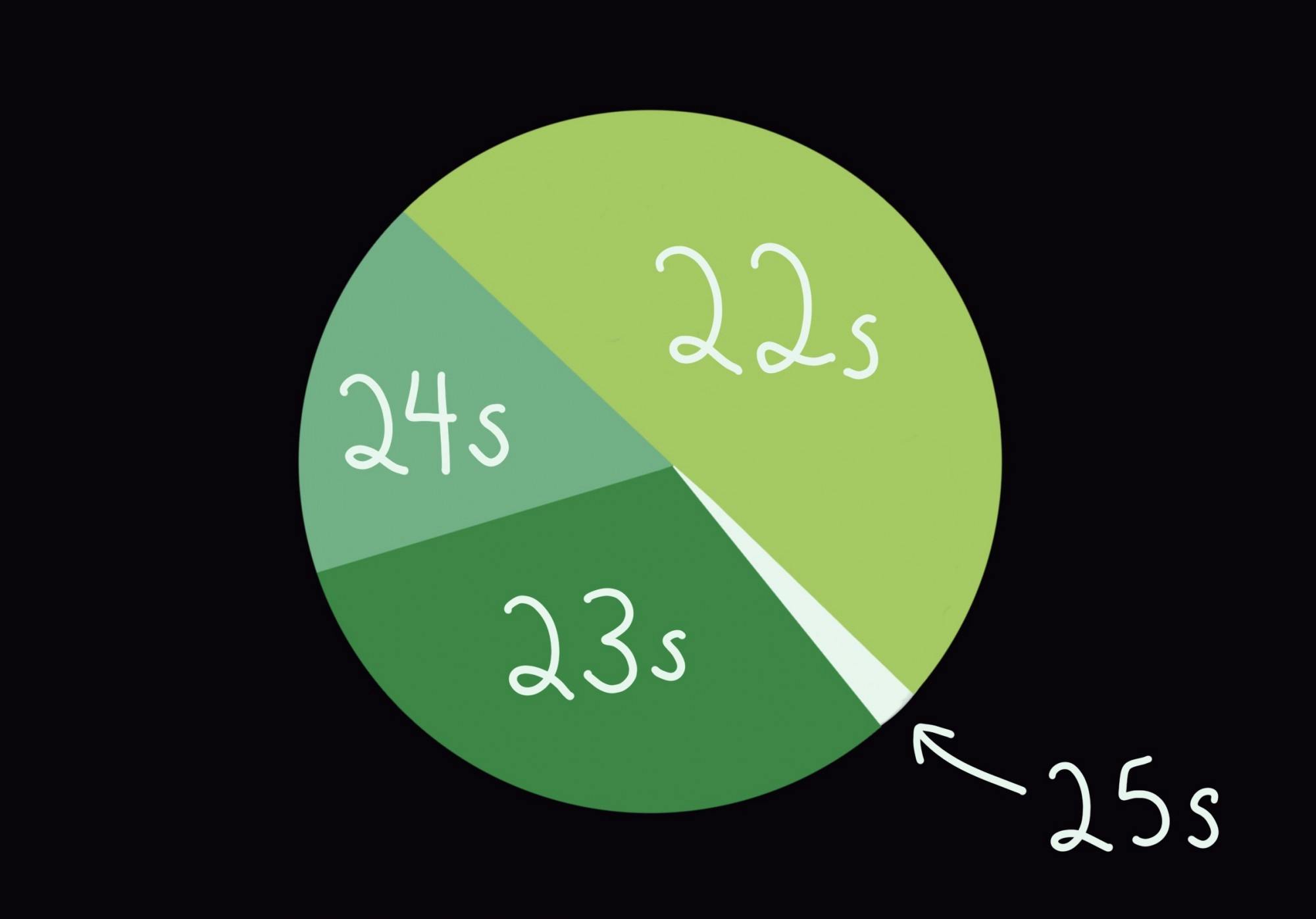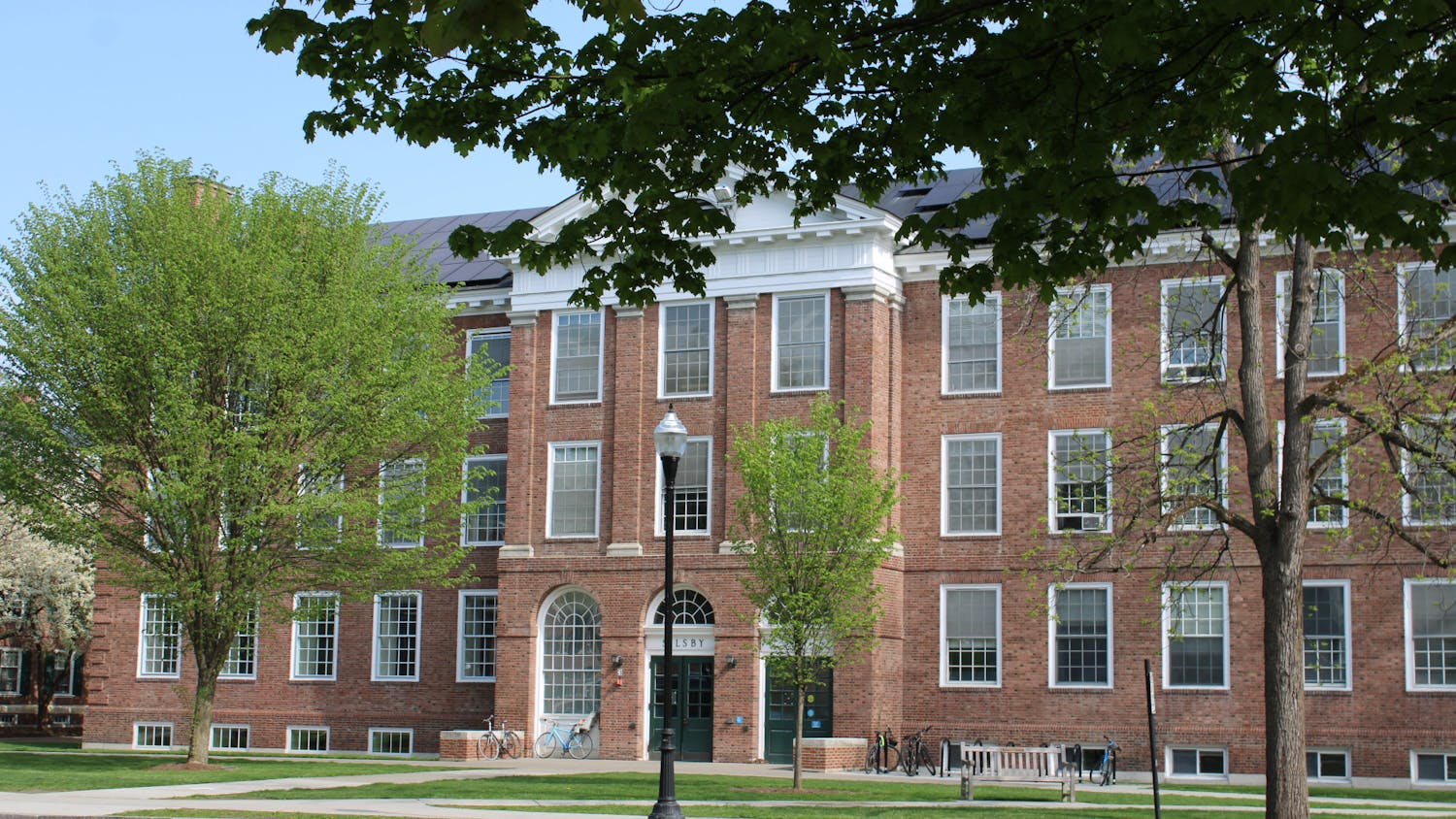As a senior, I sometimes feel out of place in my introductory language course which is, predictably, largely dominated by freshmen. I sit down most mornings in ARAB 1, “First-Year Courses in Arabic” and I hear ’25s asking for directions, chatting about the first-year frat ban and discussing their WRIT 5 assignments. As someone who knows my way around Dartmouth and has taken my fair share of classes, I feel distinctly out of place.
When I see the ’25s shy away from class participation and nervously ask our professor about homework, I remember my own freshman year and realize how much more confidence I have as a student. Given our differences in experience, my classmates and I are taking the course for very different reasons and are approaching the course from completely different perspectives.
Unlike most of the freshmen in my class, I have already fulfilled my language requirements and am taking Arabic out of interest rather than obligation. Eric Och ’22, who is minoring in Spanish, finds himself in a similar position, taking Italian during his senior fall.
“I’m definitely the only upperclassman — there are no ’23s or [other] ’22s [and the] ’24s and ’25s are kind of both freshmen,” Och said. “We learned how to say how old we were … [and] I had to learn how to say twenty before anybody else did.”
Och said he notices that the underclassmen in ITAL 11, “Intensive Italian” are still adjusting to taking classes at Dartmouth and have vastly different study habits from one another.
“One of them came into class with a really [thick] notebook, and every word we have learned she has written down,” Och said. “Other kids have shown up with a loose piece of paper and a pencil and no backpack.”
While being a senior in a majority freshman class is unsettling, being a freshman in a majority upperclassman course can be uniquely challenging.
Sophie Chadha ’25, who is taking an advanced creative writing class dominated by upperclassmen — CRWT 20, “Intermediate Fiction I” — explained that she enrolled in the course last-minute. While upperclassmen had to apply to enroll last spring, Chadha sent in an application after speaking to the professor at the English department’s open house this fall.
According to Chadha, her experience in the class has been positive, but the amount of writing she is expected to produce has taken her by surprise.
“Everyone is so talented as a writer and is so supportive,” Chadha said. “The volume is a little intimidating, but the people are so nice.”
Chadha, who is also taking WRIT 5, “Expository Writing,” suggested that she may try to take a different balance of courses in the winter — one that is a little less writing heavy.
Taking an advanced course as a freshman is an experience that can stick with a student long after the first year. Sanjana Goli ’22 for instance, still recalls an upper-level history class — HIST 42, “Gender and European Society from Antiquity to the Reformation” — she took during her freshman fall.
“It was an interesting transition because I guess I accidentally signed up for the class,” she said. “I thought it would be a[n] introductory WGSS class, but it seemed more like an upper-level history class.”
Like many freshmen trying to navigate the expectations of college professors, Goli decided at the time that she would rather spend more time and effort than necessary on the class than find herself underprepared.
“I didn’t really know how much I needed to do to be fine in the class, so I did everything very detailedly, which ended up being a lot of work,” Goli said. “The material itself was reasonably accessible, it was just more like I wasn’t used to the format.”
Echoing some of Goli’s statements, Och explained that as freshmen, students pick classes with a different mindset than they do as seniors.
“I’ve spent a lot of time picking classes, so I’m coming into classes pretty intentionally, whereas a lot of kids freshman fall just pick three classes and go to them,” Och said.
Och suggested that this lack of intentionality may be the reason why some of the ’25s are hesitant to participate in class.
“That’s sort of where the ‘I don’t want to speak in class, even though the point of this class is so that I can learn how to speak [Italian]’ probably comes from,” Och said. “Many of them are super shy and super quiet and are in an Italian class but don’t want to speak too much Italian.”
According to Och, this shyness is characteristic of freshmen adjusting to Dartmouth — the shyness is also in line with the imposter syndrome commonly experienced around campus. He reflected on his own time as a first year student and mentioned that the fear of no longer being the best can hinder confidence.
“There are a couple of kids that are kind of bewildered that they’re not nailing it … and I felt that a lot as a freshman.”




